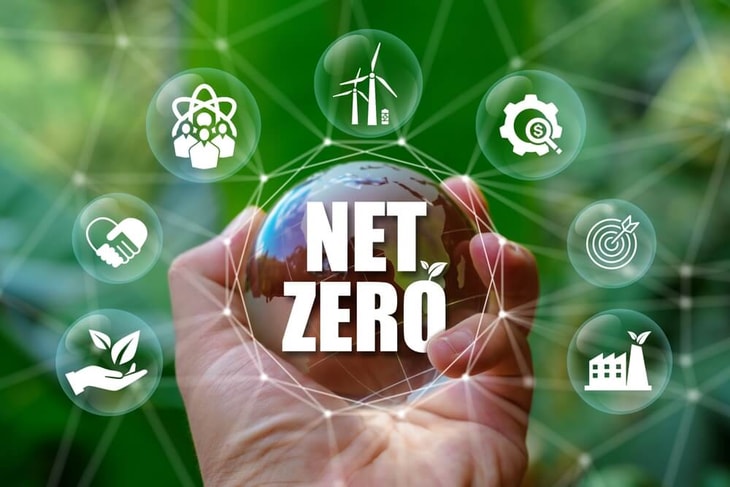Tencent has unveiled the second phase of its CarbonX Program, a global initiative to fast-track the development of climate technologies deemed crucial to achieving Net Zero emissions by 2050.
Building on its China-focused first phase, CarbonX 2.0 will extend its scope internationally, offering catalytic funding and resources to support new projects.
With an estimated 75% of required decarbonisation solutions still reliant on emerging technologies, the programme targets four critical areas: carbon dioxide removal (CDR), long-duration energy storage (LDES), carbon capture, utilisation and storage (CCUS) for the steel industry, and carbon-to-chemicals innovation through the CarbonXmade consortium.
The initiative aligns with Tencent’s “Tech for Good” mission, fostering advancements to meet the climate targets outlined in the Paris Agreement.
... to continue reading you must be subscribed







